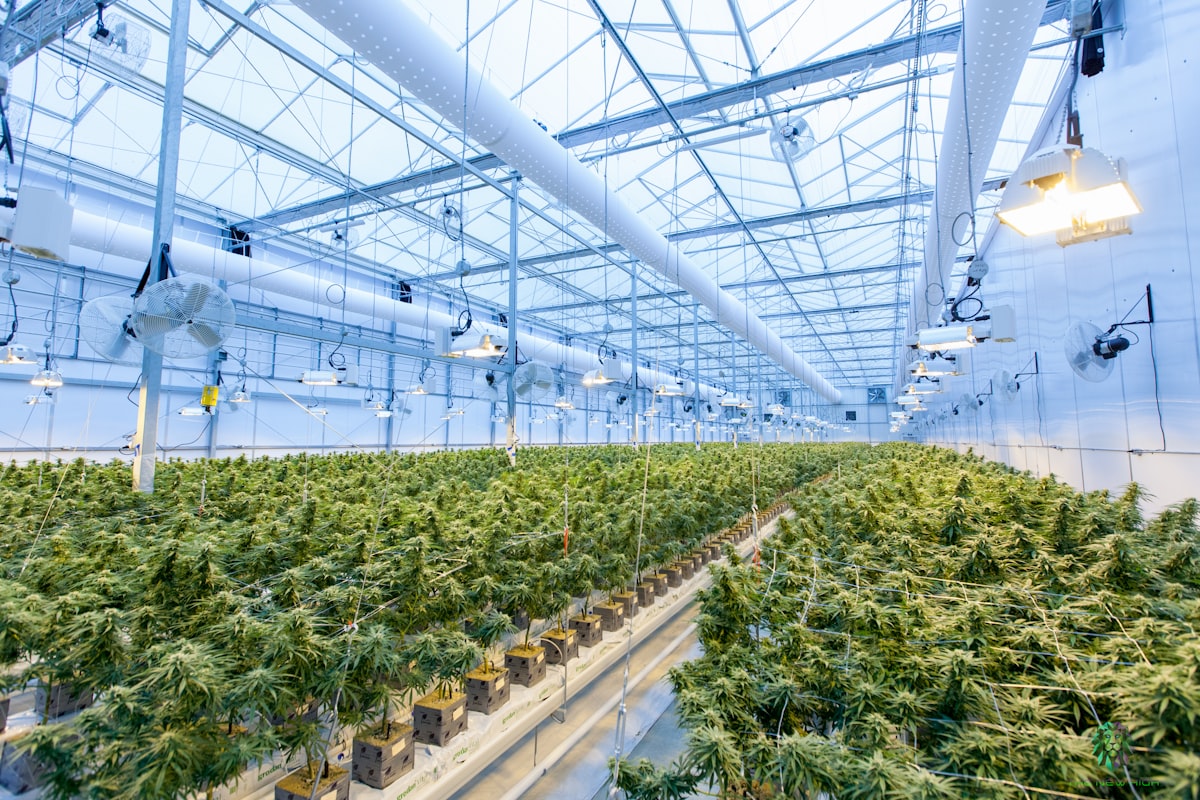Canada seeks legal marijuana business in Mexico
Cannabis regulation is a topic of greater relevance and has been the subject of analysis and debate by national and international specialists in health, legal matters, entrepreneurs, producers, and civil organizations.





